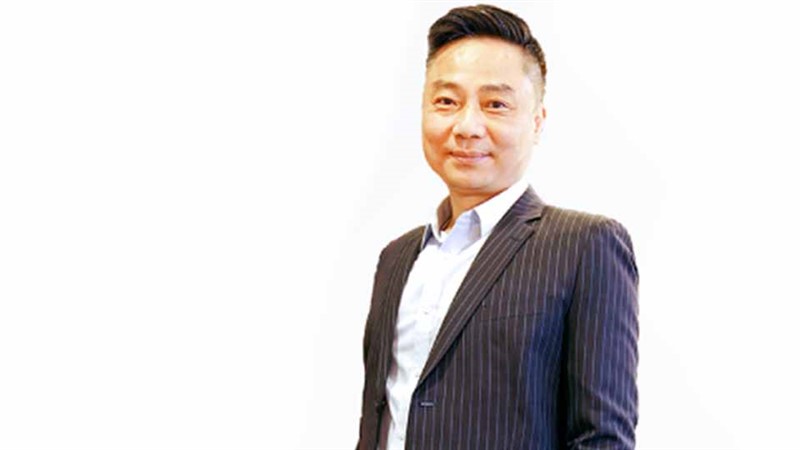Editor's Note
2025.04
Trump tariffs are a blessing in disguise

US President Trump aspires to be Clint Eastwood in the movie A Fistful of Dollars. Facing bandits, and accompanied by a soundtrack of “we can fight,” all he needs is to lift a Mexican cape up over his body, grab the revolver at his waist, and aim, and his opponents fall, one by one. Back in the real world, however, Trump boasted that he would resolve the Ukraine-Russia war within 24 hours. As he nears his 100th day in office, despite having humiliated Ukrainian President Volodymyr Zelensky in the White House, Putin himself remains defiant. He looks forward to talks with the Chinese leaders, yet Xi Jinping may be content take an unhurried sip of tea. So is Trump a master negotiator or just a show-off? The truth remains to be seen, but it is gradually becoming apparent that most countries are already rethinking their directions. Even if there is no perfect solution for the time being, they still hope to find a feasible way out. Everyone may see Trump as crazy, yet the world still must move on. Looking back, Trump’s inauguration on January 20 seems to have caused market pessimism around the world. The US stock market gave up its gains, safe-haven funds flowed into the gold market, and the US dollar index fell. Market sentiment quickly turned recessionary, so the financial market also reflected these fears, as a leading confidence indicator; however, as the panic gradually faded, everyone calmed down and examined the economic fundamentals, they found that the basic economic data was generally stable and still within the overall cycle. From the perspective of Trump’s overall policy, his actions may seem confused, but in fact, they all fall within the main theme of his campaign: Make America Great Again. The tariff policy has long been made public; although he may have made arbitrary calls at the beginning, as his cabinet settles down, the powerful US government system has gradually exerted its power of restraint. For example, his financial team still pushes forward tariffs at an established pace, and often blocks or reduces tax hikes because the objective has been achieved, or the impact is too great. Even as Treasury Secretary Scott Bessent named the “Dirty 15” countries, accusing them of high tariff barriers or non-market practices, he left a caveat: they won’t “raise the tariff wall,” as long as partners are willing to negotiate. The U.S. Federal Reserve ended its two-day meeting on the 20th. Chairman Jerome Powell said that although market sentiment was declining and short-term inflation was rising, overall, “the US economy continues to be in a good place.” Even though economic growth forecasts have been adjusted downward, the conclusions did not warrant adjustment the benchmark interest rate. The Fed believes that it needs to retain some chips to face a possible recession in the future, but at least the economy still looks strong, so it is not in a hurry to cut rates. Coming from the world's largest economy, Trump’s tariff threats are indeed scary, and countries around the world are hunkering down. At the same time, it also represents an opportunity. As the US turns to protectionism, countries can think more about how to develop other markets, whether it is industry or finance – another modern interpretation of “a blessing in disguise.”



